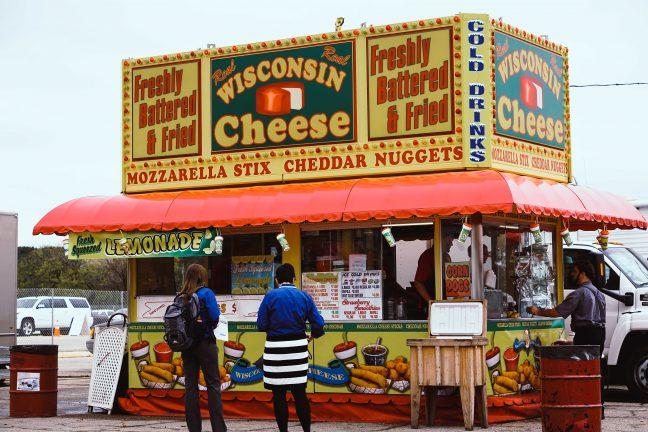Since 2017, Wisconsin has suffered the highest number of farm bankruptcies of any state. While this may seem insignificant, the ramifications will — and already have — rippled outside of the dairy market. Students at the University of Wisconsin should recognize this as not just an economic issue, but also a humanitarian one in the making. If empathy is not enough, 16.4% of Wisconsin state taxes come from the dairy industry, and these same taxes are used to fund the UW system, which includes scholarships to students who need them, art supplies, entertainment or anything else that happens at our school.
Though family farm foreclosures are a national problem, out of the 580 Chapter 12 fillings, 255 were in the Midwest — and of those 255, 48 were in Wisconsin. The USDA reported that American farm net income reached approximately $92.5 billion in 2019 — up 10.2% from 2018. But, the 2019 net income is still 32.3% lower than 2013’s peak and farm debt is approximately four times higher than the net income at $415.5 billion.
There are many factors forcing Wisconsin farmers and farmers across the country into bankruptcy, but one stands out — the White House’s trade war with China. As a result of aggressive economic foreign policy, China retaliated with calculated tariffs of their own. China is the largest foreign consumer of American agricultural products, making agriculture an easy and effective target for Chinese lawmakers. Prior to the trade war in 2017, China purchased between $20 and $26 billion worth of agricultural goods, but following the start of the trade war, the number dropped to $9.2 billion.
According to the Wisconsin International Agribusiness Center, nearly one-third, $1.43 billion of Wisconsin agriculture and food exports, are affected by the countervailing tariffs in China. China was Wisconsin’s second-largest export market.
Wisconsin is known nationwide for its dairy production, earning the nickname “America’s Dairyland.” The dairy industry alone contributes $45.6 billion to the state’s economy. But, this will begin to change due to the Chinese agricultural tariffs. According to CNBC, there has been a 50% decrease in U.S. dairy exports to China, which largely come from Wisconsin. The effects of the trade war have more than just financial implications, and are beginning to change the culture and landscape of the state.
In a complex, modern economy, interdependence is unavoidable, meaning the success of dairy farms is not the only thing threatened by drops in milk sales and prices. Sheila Nyberg is the Economic Development Director in Clark County, WI, which is a largely agriculture-based economy. Her job has become increasingly difficult with the rising dairy farm closures. She illustrates how the town is all threaded together, whether it be the tire company, tractor sales or the cattle barns — and in these financially tight times, farmers don’t buy new things, and instead choose to fix broken items. She describes how this has a very significant impact on the economy of the town as a whole.
Roger Zvolena, a dairy farm contractor in Loyal, WI, stated that sales have dropped at least 40 percent since the trade war. Dave Williams, the mayor of Loyal, stated that the population of the town has dropped so drastically that the high school has switched to an eight-man football team.
The ripples do not end at the local farm town level. Similar to the problems with climate change, changes in economies and industries are natural and necessary for progress — the problem is the speed at which these very significant changes are occurring. If the dairy market were to experience a steady decline over the course of a couple of decades, farmers could adjust and more easily transition to a new style of farming or different career path entirely. Unfortunately, the sudden and drastic drop in global dairy sales has left hundreds of farmers in dire circumstances.
The voters who put President Trump into office are facing some of the harshest consequences of his reckless foreign policy. Unfortunately, rural, low-income farmers are an easy target because they have little political and economic influence.
I was on the fence, flipping between whether I wanted to register to vote in my home state of New York or here in Wisconsin. Though I knew nationally my vote would have a greater impact in Wisconsin, I plan to move back to New York after graduation and therefore wanted a say in the local politics. But, it has become clear that the irresponsible actions of the White House are a far greater threat to my hometown community I have joined here.
For this reason, on top of many others, I will register to vote in Wisconsin.
Jonah McGarvey (jonahm621@gmail.com) is a freshman studying political science.


